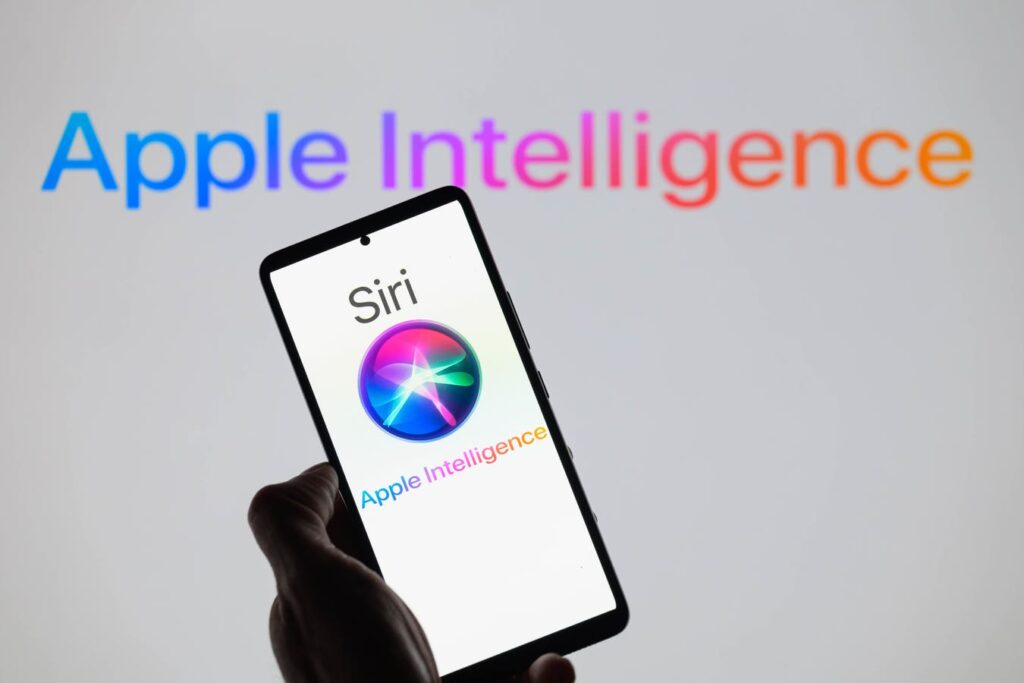Voice Assistants on the Verge of a Major Transformation with AI Agents
Voice assistants like Siri, Alexa, and Google Assistant have often struggled to meet the high expectations set for them. Initially introduced as high-tech multitaskers, these programs frequently falter, reverting to basic web searches when faced with complex requests. As a result, many users have relegated them to simple tasks like setting timers, controlling smart devices, or playing music. However, the rise of generative AI could signal a transformative shift for these digital helpers.
The Promise of AI Agents
Launched in 2016 under the “AI-first” initiative by Google CEO Sundar Pichai, the Google Assistant was pitched as a way to help people streamline their tasks. Fast forward a few years, and this promise remains largely unfulfilled. The latest wave of generative AI has opened the door for AI agents—advanced software designed to execute tasks on behalf of users, like making reservations or online purchases.
Experts now believe that this "agentic era," expected to take off by 2025, offers a real chance for voice assistants to become genuinely helpful. These advancements could allow Google Assistant, Alexa, and Siri to finally become the digital personal assistants they were meant to be. Imagine a world where rather than just listing your meetings, Google Assistant can actively schedule them, get in touch with your contacts, and find mutually convenient times without breaking a sweat.
A Surge in Interest
The AI agent phenomenon is gathering momentum, with over 470 platforms dedicated to harnessing this technology, according to Forrester research. This includes everything from tech giants to innovative startups like LangChain, CrewAI, and Play.ai. The appetite for AI agents is palpable, with investment in this sector climbing by more than 81% in the last year and exceeding $8 billion.
Investor Steve Jang encapsulates the digital landscape’s competitive nature when he says, “The race is on. Startups will be competing with established platforms on who can orchestrate this at much higher fidelity.” Jang believes that the key lies in improving voice AI models, focusing on understanding the nuances of speech beyond mere text recognition.
Is This the Game-Changer We Need?
Skepticism remains, though. Some leaders in AI, like Kanjun Qiu from Imbue, don’t believe that simply adding new AI elements will lead to a revolutionary upgrade. “I only use Siri for trivial things that I know it’s not going to screw up,” she admits, emphasizing that trust in AI for more complex tasks is still a significant hurdle.
Yet, the potential for improvement is vast. As voice AI enhances, we might see new applications integrating voice features into everyday tasks, transforming how we interact with technology. For instance, you could tell an app you want to return a pair of shoes, and it would handle the rest.
A New Era of Accessibility
Accessibility is another compelling aspect of voice technology. Many people, especially those who may struggle with traditional typing or reading, can communicate more effectively through voice. A YouGov study reveals that 42% of U.S. adults aged 18 to 29 send voice messages weekly, suggesting a growing acceptance of this technology.
Furthermore, voice innovations may catalyze hardware advancements. Google’s recent tease of voice-controlled prototype glasses highlights the ongoing commitment to explore new tech frontiers. Imagine donning a pair of glasses that could pull up crucial information from your email as you approach a door or provide real-time navigation just by glancing at a bus stop.
Conclusion: The Future Awaits
As technology continues to advance, the possibilities surrounding AI agents are endless. From streamlining business operations to revolutionizing consumer experiences, these innovations hold great promise for everyone’s daily lives.
The AI Buzz Hub team is excited to see where these breakthroughs take us. Want to stay in the loop on all things AI? Subscribe to our newsletter or share this article with your fellow enthusiasts!




